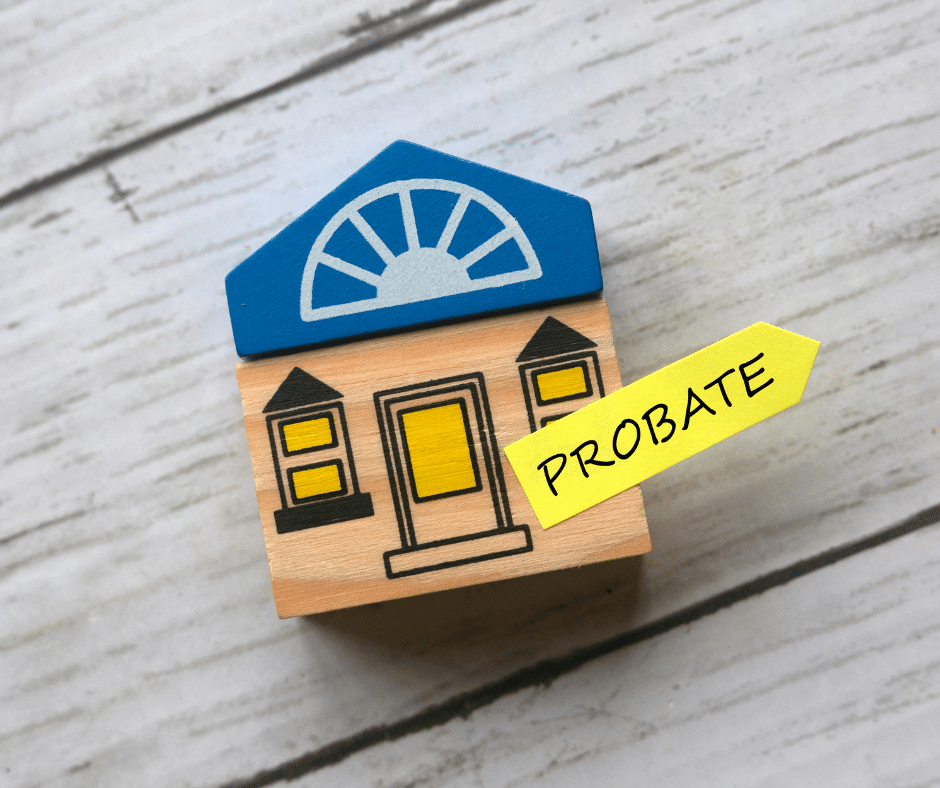How long does probate take in Florida? The answer depends on many factors unique to each case. Estate administration deals with complex issues, from unresolved personal injury claims to valuing unique property. At The Law Offices of Travis R. Walker, P.A., our experienced Florida probate lawyers can help you avoid hassles during the difficult time after a loved one’s death. Our extensive network of local resources can guide you through probate as quickly and painlessly as possible.
How long does probate take in Florida? Every case is unique, but probate usually takes at least six months and generally closer to 18 months. Complex estates or those involved in litigation can take even longer. Having an experienced Florida probate lawyer by your side during the process can help you avoid the ramifications of missed deadlines and unexpected complications.
Losing a loved one is difficult under any circumstances. You need time to grieve and process your loss without worrying about legal issues regarding your loved one’s estate. Unfortunately, Florida laws have strict deadlines for when you have to begin estate administration.
At The Law Offices of Travis R. Walker, P.A., we provide probate services to individuals who need help dealing with a deceased family member’s estate plan and attorneys looking for expertise from local counsel. You don’t have to deal with Florida probate alone.
Formal Probate Timeline in Florida
Although every case is different, the following is a general probate timeline. A skilled Florida probate lawyer can streamline the process.
File the Original Will to Begin Probate
The person possessing the deceased’s will must file it within 10 days of learning of the death with the probate court in the county where the deceased lived. Filing the will and petitioning for estate administration begins the probate process.
Authentication of the Will
The probate judge will confirm that the will is valid. If a court hearing is scheduled for this, the beneficiaries and heirs will be given notice. At such a hearing, objections can be made to the will or the executor nominated in the will.
Appoint a Personal Representative
The probate court will issue letters of administration and appoint a personal representative — also called an executor or administrator. The personal representative is normally the person named in the will, and the appointment is usually done within one to four weeks.
Send Notifications
The executor will notify the beneficiaries listed in the will. They must also notify potential heirs or beneficiaries listed under Florida probate law. Once notified, potential beneficiaries have either 20 or 90 days to file an objection to the will or other aspects of estate administration, depending on how they receive notice.
The executor must also identify and notify any estate creditors and publish a notification for two weeks to provide notice to any creditors that may have been missed. Creditors notified directly have 30 days to file a claim. Those who didn’t receive direct notice have up to three months after publication of the public notice.
Inventory Assets
The personal representative will collect a list of all assets and their value. They’ll file this inventory with the court and send a copy to the beneficiaries.
Address Claims From Creditors
Within 30 days of receiving a creditor claim against the estate, the executor has to either pay the outstanding debts or object to them. Creditors then have an additional 30 days to file an action against the estate.
Give the Surviving Spouse Election Rights
Florida law gives a surviving spouse the right to certain property in place of what they receive via the will. They can choose whether to exercise these rights within the first six months of probate.
Distribute Assets and Close the Estate
After all claims are satisfied, the executor can distribute the remaining assets according to the instructions in the will. The beneficiaries sign statements that they’ve received the correct inheritance, and the personal representative files the receipts with the court. They can then petition to close the estate and end probate.
Exceptions to the Formal Probate Administration Process
Sometimes, you may not need to go through the formal probate process. Florida law allows for a process called summary administration for small estates valued at less than $75,000 or in cases where the deceased has been dead for over two years. Summary administration is normally much faster and cheaper than formal probate and can often be settled in one or two months.
The two-year limit recognizes that creditors can file a claim against an estate for up to two years after someone dies. After two years, creditors can’t file new claims, so summary administration is allowed.
To qualify for summary administration, the person seeking it must testify that they have diligently investigated and one of the following situations apply:
- The estate has no creditors
- The two-year limit bars all remaining creditors
- Provisions have been made to pay all remaining creditors
Tips to Speed Up the Probate Process
There can be many parties involved in estate administration in Florida. Each one can speed up or slow down the probate process. While you can’t control all elements of probate, there are steps you can take to speed up the process no matter what your role is.
Personal Representative
The personal representative is involved in almost all aspects of estate administration and often exerts the most influence over how long the process takes. An estate can be settled more quickly if an executor is efficient and organized.
Quickly inventorying the estate; identifying heirs, beneficiaries, and creditors; and sending out notices will all speed up the probate process. The executor can also settle or dispute claims as soon as they’re received rather than waiting for a deadline.
Many executors may not be familiar with probate laws, so working with an experienced Florida probate lawyer can greatly accelerate the process. The Law Offices of Travis R. Walker, P.A., deals with complicated estates daily and has the resources to handle estate administration with as few delays as possible.
Beneficiaries
Beneficiaries, heirs, and other interested parties can speed up the probate process by responding to notices as quickly as possible. They can also waive due process rights that would otherwise slow it down. For instance, if a beneficiary agrees with the appointment of the executor, they may be able to sign a consent and waive any objection. If a waiver isn’t signed, everyone must wait for the deadline to pass and possibly go through a hearing.
Important Deadlines for Probate
The following deadlines can give you an idea of what to expect at each stage in the probate process:
- File the will and begin probate: 10 days after learning of the death
- Challenges to will, executor, or probate court’s jurisdiction: 20 days after Notice of Administration or three months after Letters of Administration
- Making a creditor claim against the estate: 30 days after Service of Notice to Creditors, three months after Publication of Notice to Creditors
- Filing death certificate: No later than three months after the first Publication of Notice to Creditors or before filing for summary administration
- Petition for exempt property: Within four months of the Notice of Administration
- Surviving spouse’s election of rights: Within six months of the Notice of Administration or two years from the date of death
How The Law Offices of Travis R. Walker, P.A., Can Help
The probate process can be overwhelming if you aren’t familiar with it, and you may wonder why probate takes so long. Our Florida probate attorneys can guide you through all the estate administration steps. Whether you’re an individual executor trying to settle a loved one’s estate or an attorney who needs help navigating the intricacies of Florida probate law, we can help.
Call us today at 772-708-0952 or complete our contact form to see how we can meet your legal needs.













